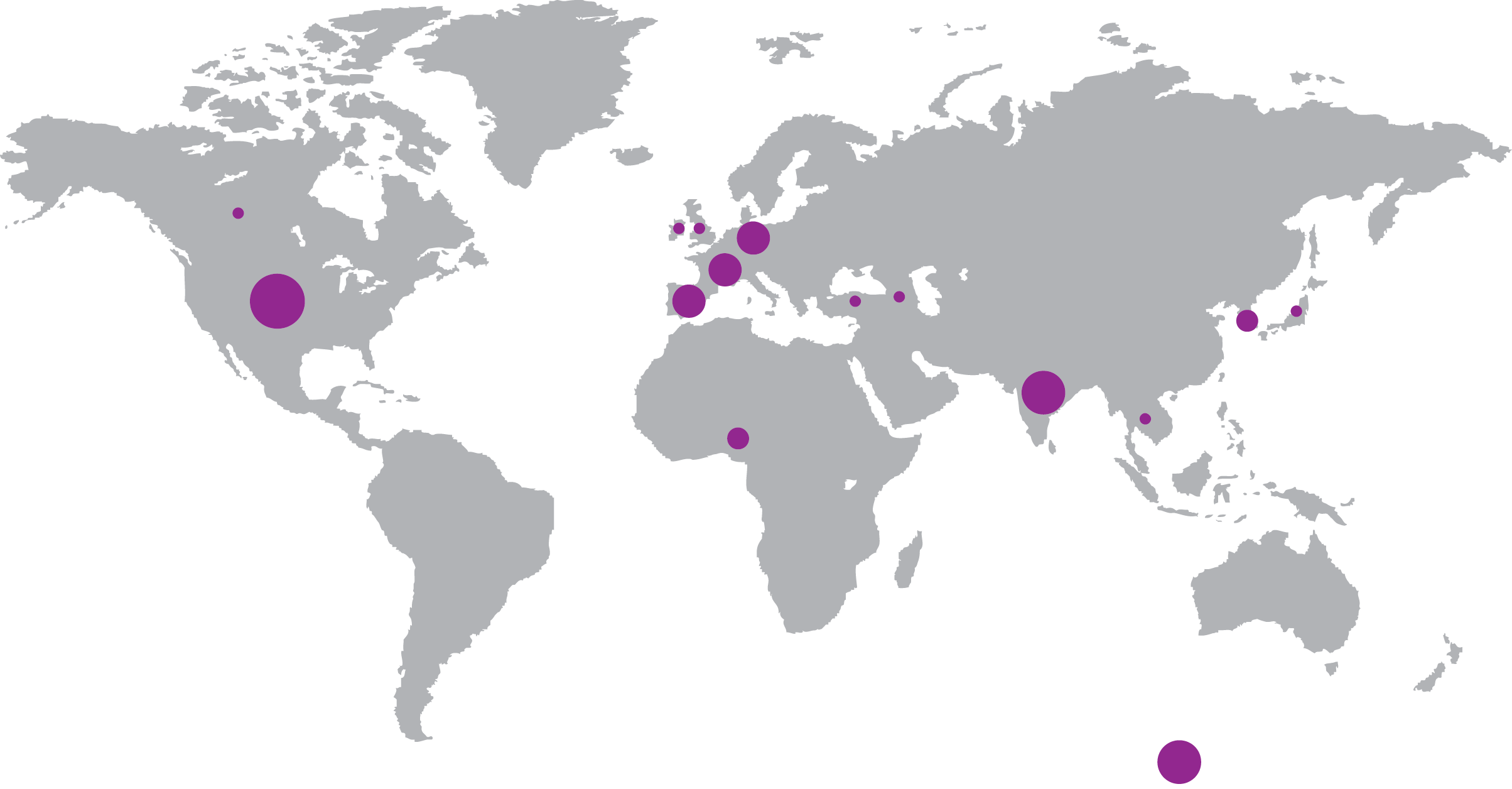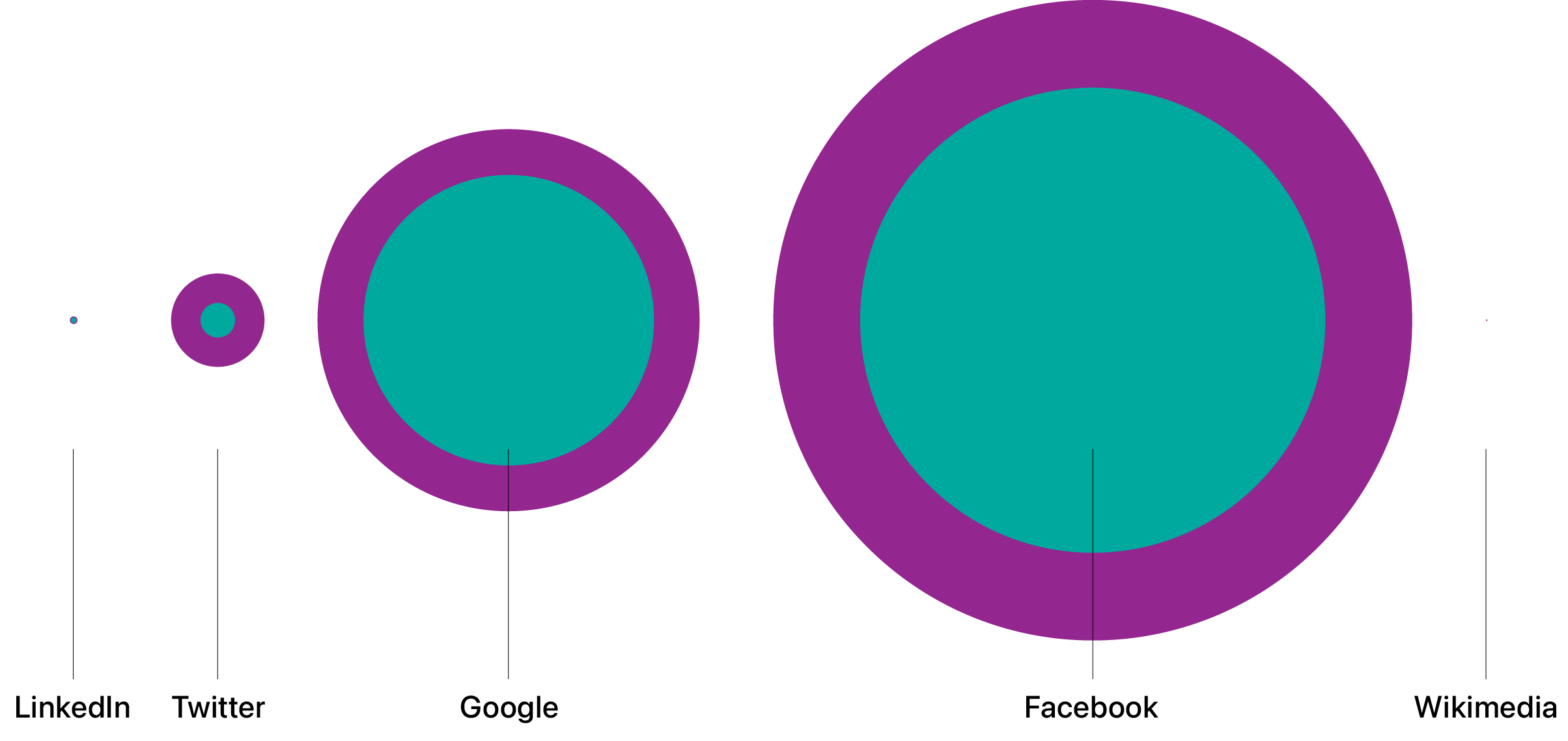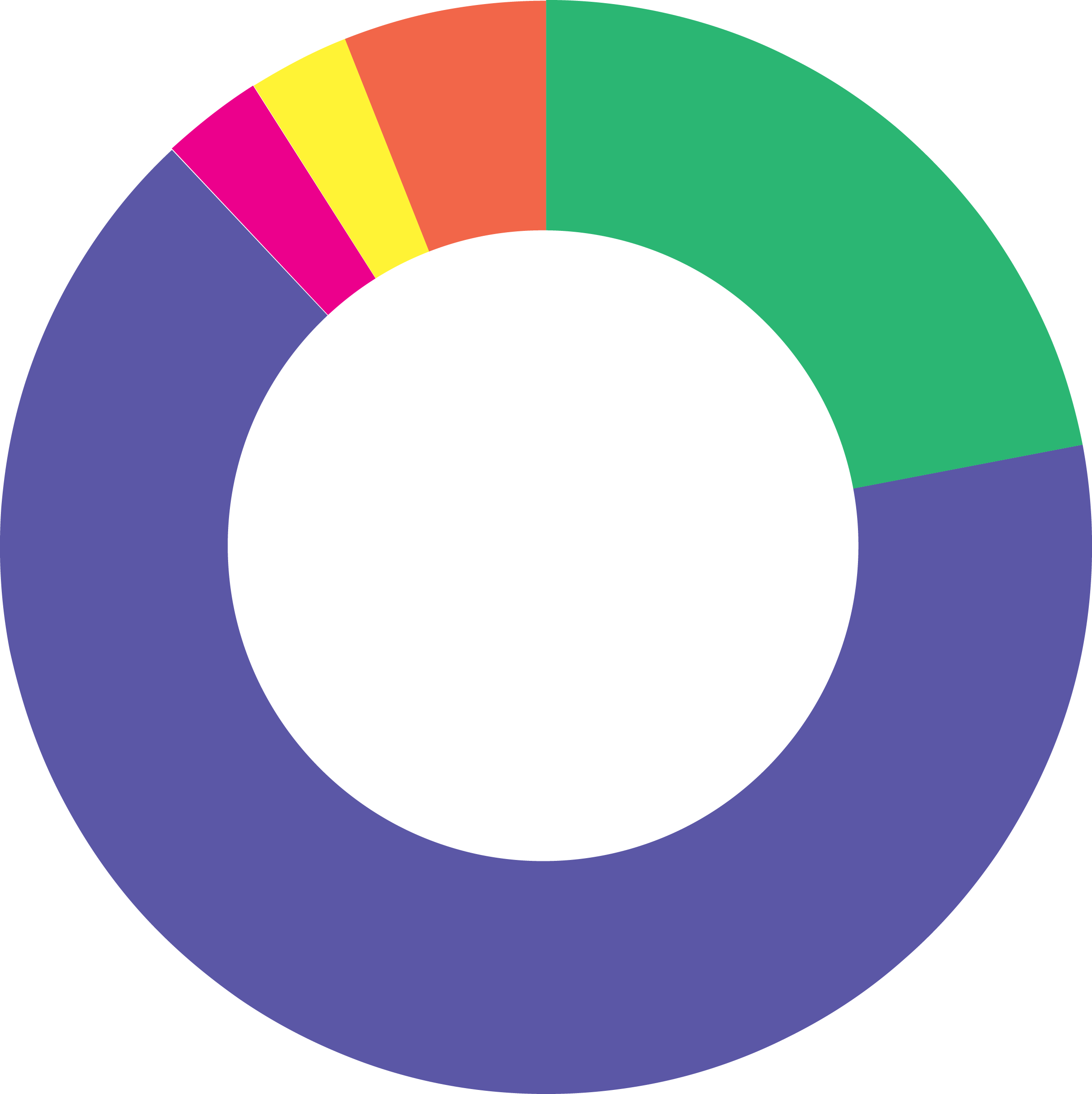Requests for user information

Freedom of speech is essential to the Wikimedia movement—the projects cannot flourish in an ecosystem where individuals cannot speak freely. Our users trust us to protect their identities against unlawful disclosure, and we take this responsibility seriously.
However, every year, governments, individuals, and corporations ask us to disclose user data. Often, we have no nonpublic information to disclose because we collect little nonpublic information about users and retain that information for a short period of time. But when we do have data, we carefully evaluate every request before considering disclosure. If the requests do not meet our standards—if they are overly broad, unclear, or irrelevant—we will push back on behalf of our users.
If we must produce information due to a legally valid request, we will notify the affected user before we disclose, if we are legally permitted and have the means to do so. In certain cases, we may help find assistance for users to fight an invalid request.
Below, you will find more information about the requests for user data we receive.
This report covers requests we received between July and December, 2020. For historical data, please see our past reports.
| Information produced | 2 |
| User accounts potentially affected | 3,119 |
| User accounts actually affected | 4 |
| User accounts notified | 0 |
Type of information requested
We divide the requests we receive by the type of information requested: “content” or “non-content.”
Most content information on the Wikimedia projects is the public content of articles and project pages; “non-content” information refers to information such as IP addresses or user agent information. The distinction comes from the Electronic Communications Privacy Act, or ECPA. Please see our FAQ for more information.
Origination of user information requests

| Country | Requests | Granted |
|---|---|---|
| United States | 5 | 2 |
| India | 4 | 0 |
| France | 3 | 0 |
| Germany | 3 | 0 |
| Spain | 3 | 0 |
| Nigeria | 2 | 0 |
| South Korea | 2 | 0 |
| Armenia | 1 | 0 |
| Canada | 1 | 0 |
| Ireland | 1 | 0 |
| Japan | 1 | 0 |
| Thailand | 1 | 0 |
| Turkey | 1 | 0 |
| United Kingdom | 1 | 0 |
| Unknown | 3 | 0 |
Comparison of user information requested and granted

Compared to other companies, we received relatively few requests, and granted relatively low percentages.*
| Requests | Granted | Total | % | |
|---|---|---|---|---|
| 366 | 509 | 72% | ||
| 4,645 | 12,657 | 37% | ||
| 78,904 | 103,822 | 76% | ||
| 126,359 | 173,592 | 73% | ||
| Wikimedia | 1 | 30 | 3% |
* Due to the inconsistent release dates across different organizations, comparison data for the period covered by this report (July 2020–December 2020) was not available, so we are presenting the comparison data above for January 2020–June 2020. Please also note that figures for Wikimedia include additional types of requests for user data that are not included in the other organizations’ figures. See the FAQ for more details.
User information: government requests
Administrative subpoena
| United States | Federal Agency | 1 |
Informal government requests
| Armenia | Politicians, Candidates, and Political Parties | 1 |
| Canada | City Police | 1 |
| France | National Police | 1 |
| Germany | Armed Forces State Police |
1 1 |
| India | City Police State Police |
2 2 |
| Ireland | National Police | 1 |
| Japan | City Police | 1 |
| Nigeria | Government Agency Politicians, Candidates, and Political Parties |
1 1 |
| South Korea | City Police National Police |
1 1 |
| Spain | City Police State Police |
2 1 |
| Thailand | National Police | 1 |
| Turkey | National Police | 1 |
| United States | City Police | 1 |
User information: emergency disclosures
We report two types of emergency disclosures, which happen on rare occasions.
First, the Electronic Communications Privacy Act provides an expedited process for law enforcement to request user data from websites in cases of immediate threat to life or limb. We call these "emergency requests". Such requests are also addressed in our Requests for User Information Procedures & Guidelines and Privacy Policy.
Second, we proactively contact the authorities when we become aware of troubling statements on the projects, such as suicide threats or bomb threats. We take these statements seriously and assess each one individually, contacting law enforcement as appropriate to help resolve the issue. We call these “voluntary disclosures”.
Voluntary disclosures
| Terrorist threats | 3 | |
| Suicide threats | 4 | |
| Individual threats | 10 |
Emergency requests
| Emergency requests | 0 |

Help us unlock the world’s knowledge.
As a nonprofit, Wikipedia and our related free knowledge projects are powered primarily through donations.
Donate now
